An investigative report obtained by leaked.co.ke has revealed Kenya Commercial Bank’s (KCB) involvement in a complex money laundering syndicate that implicated top political and military officials from South Sudan.
The investigation revealed a dangerous web of financial transactions connected to the South Sudanese civil war, which had devastated the country, killing thousands of civilians, displacing over 3 million people, and subjecting women to widespread violence and rape.
According to report was the assertion that South Sudanese politicians and military leaders were exploiting Kenya’s banking system to siphon off vast sums of public money.
Much of this money was wired through KCB, which failed to flag the unusually large USD transactions to the Central Bank of Kenya (CBK), as mandated by law.
As South Sudan was engulfed in conflict, with leaders enriching themselves from public coffers, KCB acted as a conduit, enabling these funds to flow freely into real estate and other investments.
One of the key figures mentioned in the report was Lt. Gen. Reuben Riak, a senior military leader who played a major role in weapons procurement for the Sudan People’s Liberation Army (SPLA).
Between January 2012 and early 2016, approximately USD 3.03 million was moved through his personal U.S. dollar-denominated account at KCB.
Over USD 700,000 of these transactions were cash deposits, with large payments coming from international construction companies operating in South Sudan.
These funds were often used for purchasing explosives and other military supplies from South Sudanese firms like Mak International Services, which was controlled by Lt. Gen. Riak.
The report noted that Chinese construction giant China Wu Yi was among the companies making payments to Lt. Gen. Riak, further implicating KCB as a key player in the flow of these illicit funds.
Lt. Gen. Reuben Riak’s rise through the military ranks continued during the civil war.
He was promoted multiple times by President Salva Kiir, eventually becoming the Deputy Chief of Defense Staff and Inspector General of the SPLA in May 2017.
Despite the violence and instability gripping South Sudan, officials like Lt. Gen. Riak continued to benefit financially from the conflict, with KCB serving as a crucial link in their money laundering activities.
Another high-ranking figure implicated in the report was Gen. Jok Riak, who received large financial transfers totaling at least USD 367,000 between February and December 2014.
These funds were channeled through his personal KCB account, with sums far exceeding his official annual salary of USD 35,000.
One notable payment came from Dalbit International, a prominent Kenyan petroleum company operating in South Sudan, which transferred over USD 300,000 into Gen. Jok Riak’s account.
These revelations sparked widespread condemnation, highlighting how regional banks, including KCB, were facilitating the looting of South Sudanese public resources by corrupt elites, even as the country was plunged into one of the most brutal conflicts in recent African history.
The investigative report exposed a grim reality while South Sudan was marinated in war, with millions suffering, its political and military leaders were using KCB and other financial institutions to secure their ill gotten wealth, buying properties in the upscale neighborhoods of Nairobi, such as Lavington, Kileleshwa, and Muthaiga.
The report called for stricter oversight from Kenyan financial regulators, urging for greater accountability from banks to prevent their systems from being exploited by corrupt officials involved in human rights abuses and armed conflict.

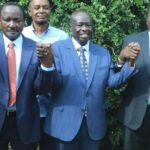




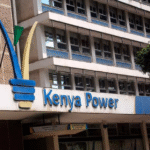
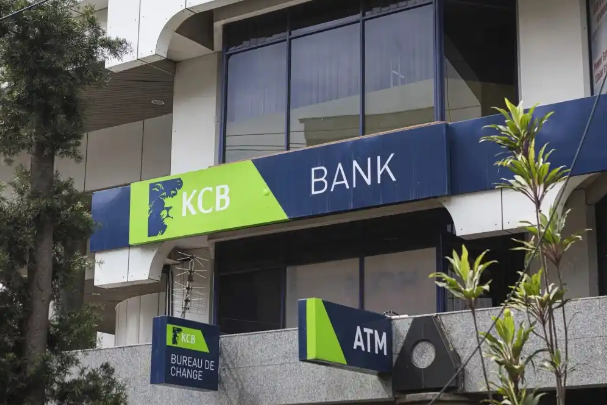
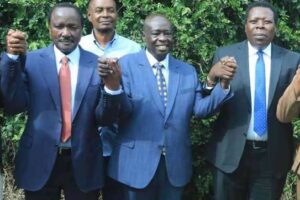

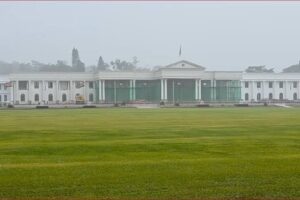
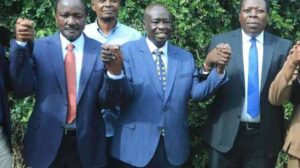
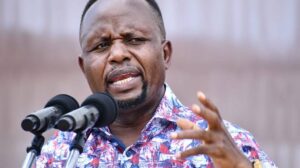
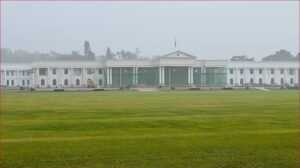
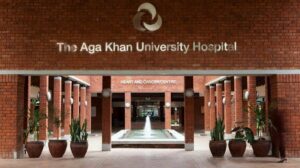
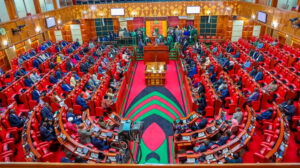

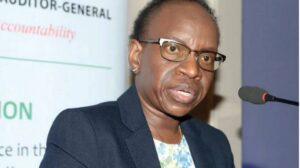
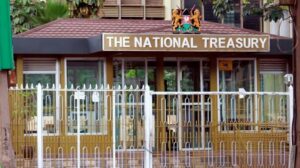
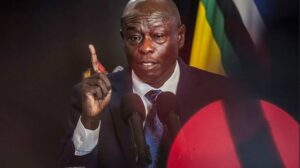
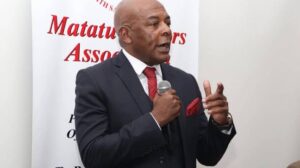
Add Comment